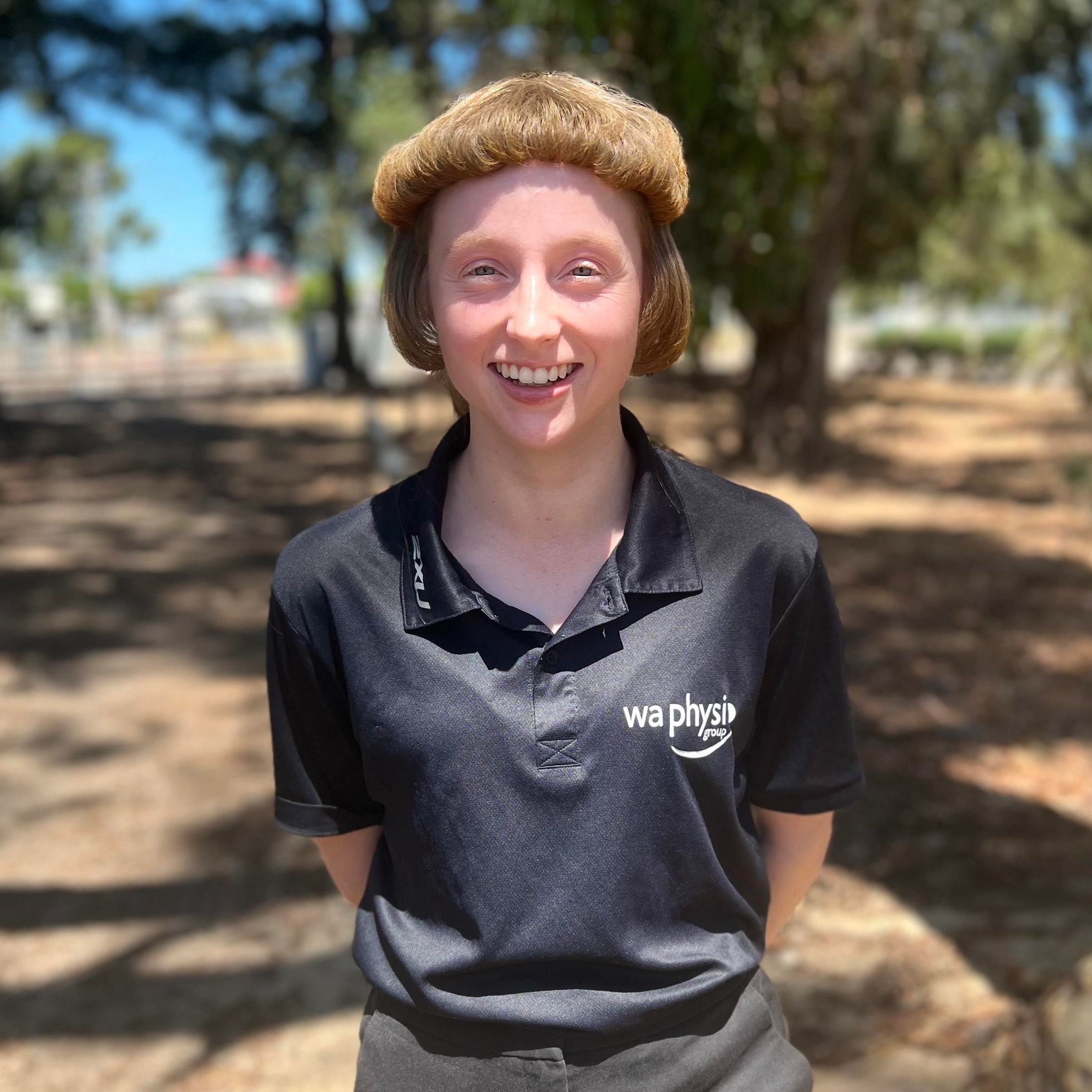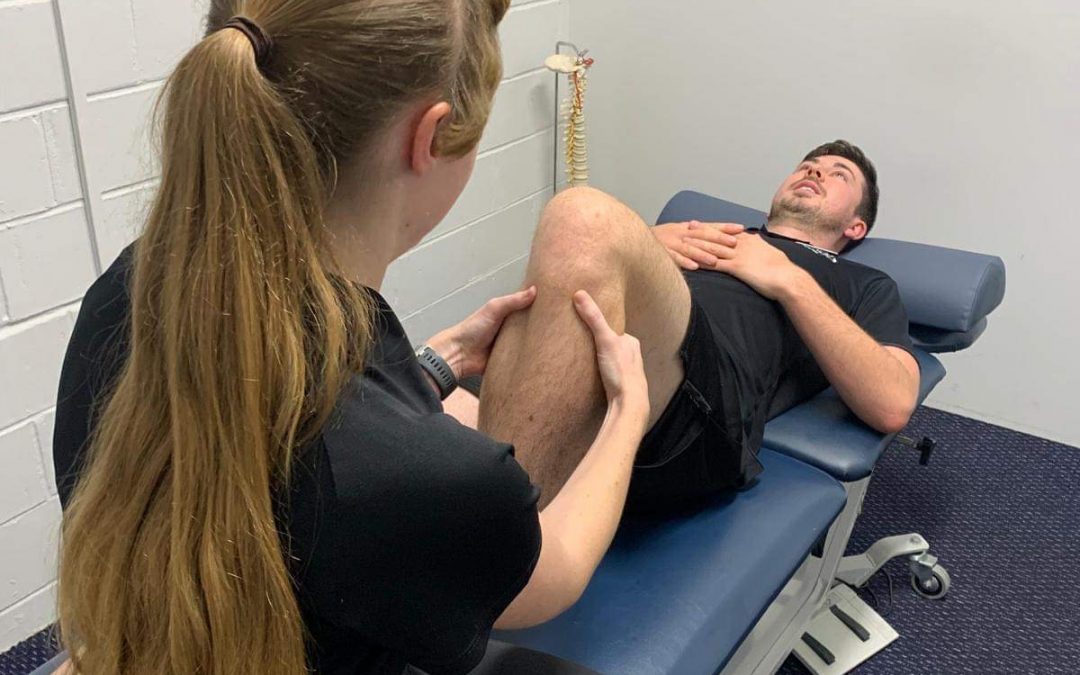The Women’s World Cup is around the corner with the Matilda’s kicking off their first game on the 20th of July. For those of us that are soccer fanatics (or football if you’re a true fan) you may already know this. A lot of discussion has preceded this World Cup about the rate of ACL injuries in female athletes. It has been found that female footballers are 2-8 times more likely to suffer an ACL injury than men.
Some may be wondering what is the ACL and what does this injury mean for athletes? The ACL is a band of connective tissue in the knee that runs from the back of the femur to the front of the tibia. The role of the ACL is to resist forward translation of the tibia and rotational forces. 70% of the time the mechanism of injury is non-contact and is usually associated with pivoting, landing from a jump, change of direction and decelerating. It can also result from direct impact to the tibia which makes up the 30% of contact injuries. Management can include surgical or non-surgical options with 12 months of rehabilitation. One can then understand why this injury is regarded by athletes as one of the worse.
Numerous high-level footballers in the English Women’s Super League such as the captain for the England team have gone down with ACL injuries. Australians to mention are Ellie Carpenter and Kyah Simon last year
What then is the link between female footballers and ACL injuries? There have been a few suggestions: different anatomy, biomechanics, hormones, gender disparities, high workload and intensity that has increased as women’s football has grown. More research is needed to narrow down the exact causes. What we do know is that prevention is key which is where we as physiotherapists can help. We can help to improve movement, alignment and strength to reduce your risk.

Sarah Moseley
Physiotherapist
She has since joined the team with the passion of working collaboratively with each individual to achieve their goals and the best possible outcome.
Alongside this Sarah works for Football Australia, specifically working with the match officials during Perth Glory games as she has a special interest in sporting injuries. Her background including sports training for UWA Nedlands Football Club where she also played soccer for several years.
In her spare time, you can find her hitting the outdoors running in her neighbourhood or speeding through her local Parkrun.
Special Interests
- Sporting injuries
- Knee pain
- Post op

